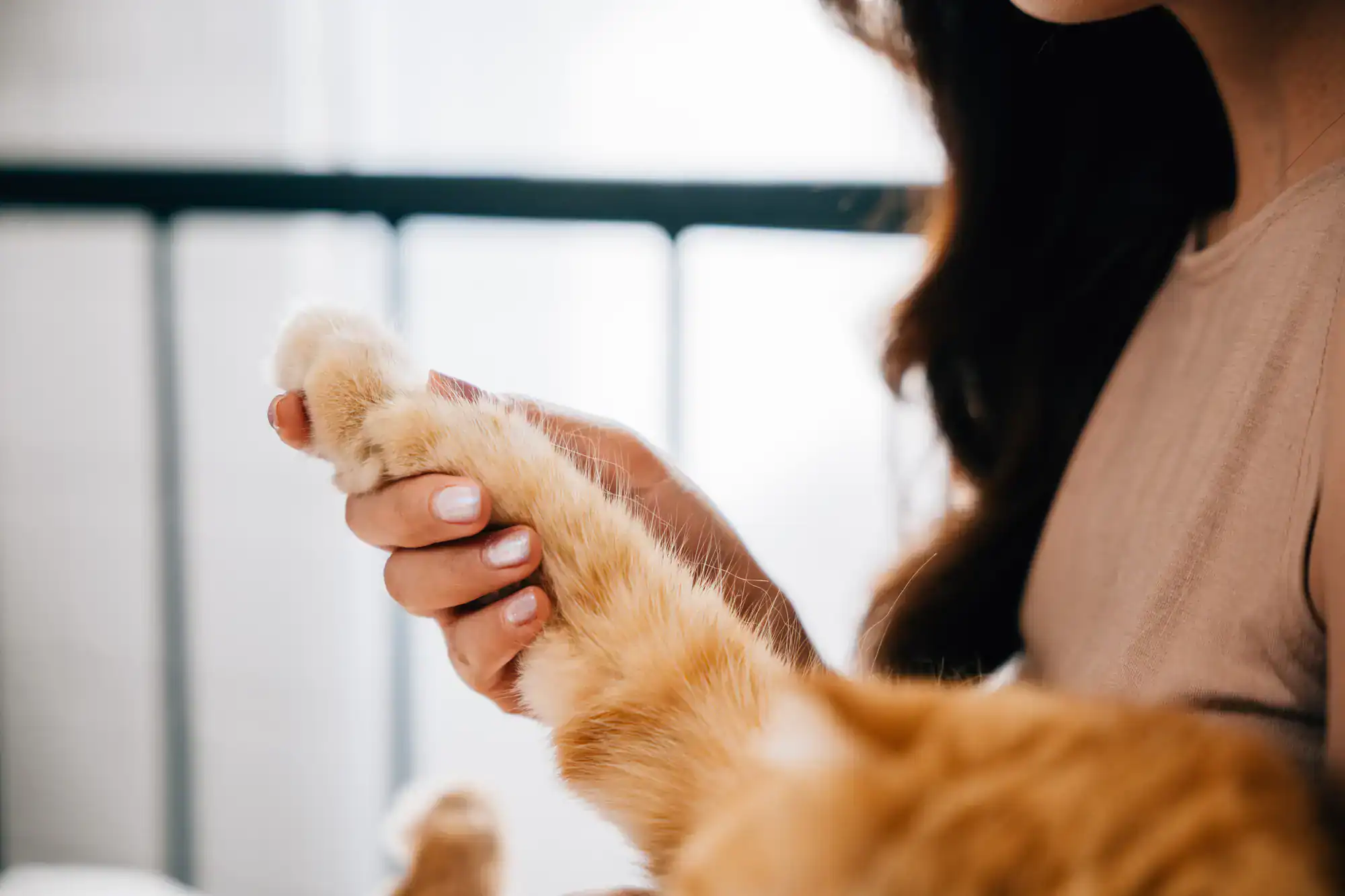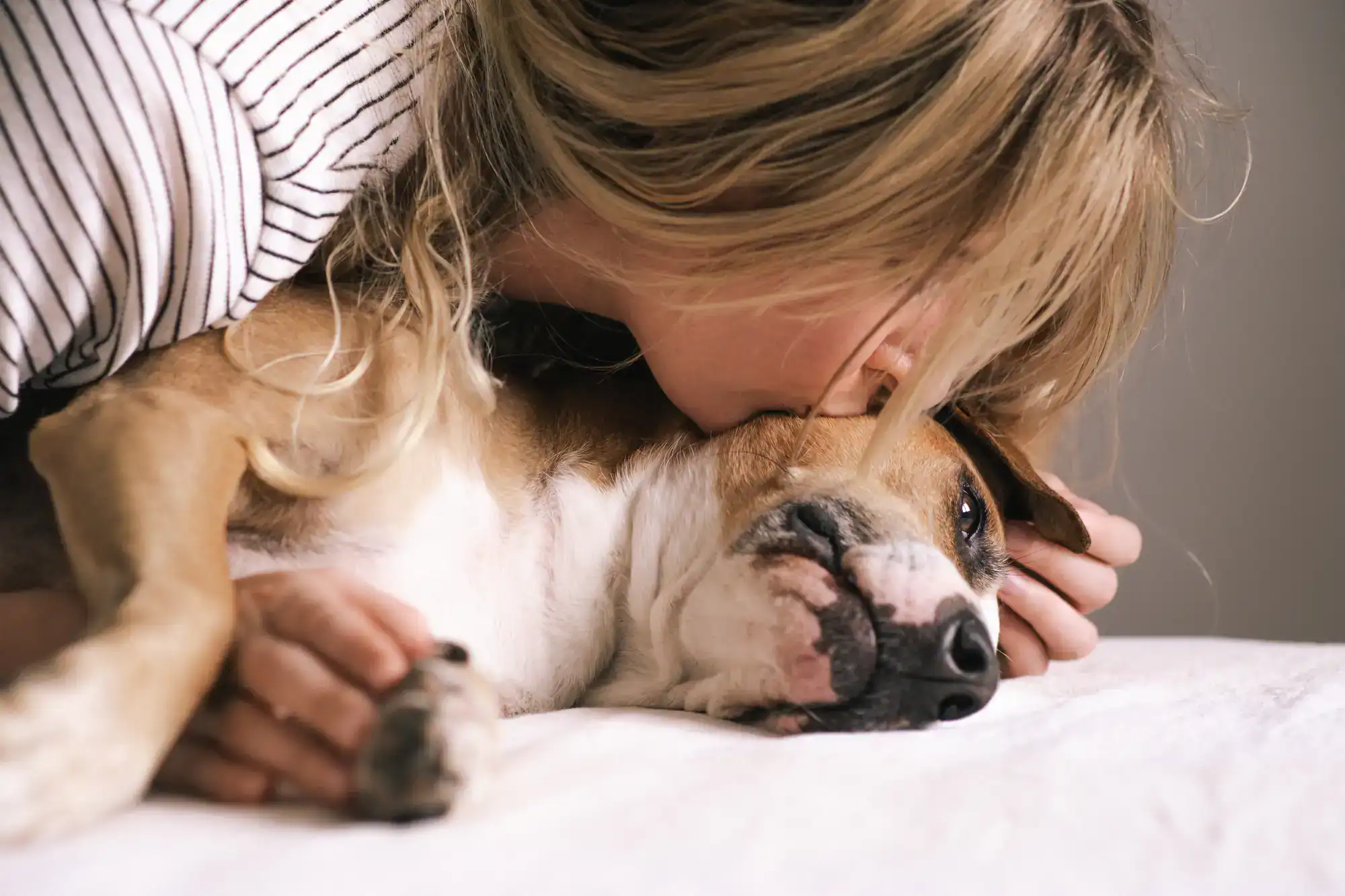Pet Loss Support in Melendy, TX
Find Peace Through Your Pet's Passing
Professional grief support when you need it most, helping you navigate pet loss support with compassion and understanding in Melendy.

Hear from Our Customers

Pet Grief Counseling Melendy
Losing a pet isn’t just losing an animal. You’ve lost your daily companion, your emotional support, and often your most loyal friend. The silence in your home feels deafening. The routine you built together suddenly has gaps that nothing else can fill.
You don’t have to face this alone. Our pet loss support helps you process these overwhelming emotions in a safe, understanding environment. We know the bond you shared was real, and your grief deserves the same respect as any other loss.
Through individual counseling and group support, you’ll find healthy ways to honor your pet’s memory while learning to carry their love forward. This isn’t about “getting over” your loss—it’s about learning to live with it in a way that brings peace instead of pain.
Crematory Grief Support Melendy
We’ve been supporting Harris County families through pet loss since 1989. We understand that grief doesn’t end when the cremation is complete—it’s often just beginning.
As members of the Association for Pet Loss and Bereavement, we’ve seen how proper support can transform devastating loss into meaningful healing. Our team includes two full-time veterinarians who understand both the medical and emotional aspects of pet loss.
In Melendy and surrounding areas, we’ve helped thousands of families navigate this difficult journey. We know that Texas pet owners are deeply committed to their animals—you’re willing to take time off work for a sick pet and prioritize their needs above your own. That level of devotion creates profound grief when they’re gone, and it deserves professional, compassionate support.

Pet Loss Counseling Process
Your grief journey begins with a simple phone call. We’ll listen to your story without judgment and help you understand what you’re experiencing. There’s no “right” way to grieve, and there’s no timeline you need to follow.
We start by acknowledging the reality of your loss—something that can take weeks or months to fully accept. Through individual sessions or group support, we help you move toward your pain rather than away from it. This might sound counterintuitive, but working through difficult emotions is healthier than trying to ignore them.
You’ll learn to continue your relationship with your pet through memories, both happy and sad. We’ll help you find ways to honor their life that feel meaningful to you. Whether that’s creating a memorial, writing letters, or simply talking about the joy they brought to your life, we’ll support whatever helps you heal.

Ready to get started?
Pet Bereavement Resources Melendy
Pet loss affects every member of your family differently. Children may blame themselves or fear that other loved ones will die. Seniors might feel a profound loss of purpose, especially if their pet was their primary companion. Even your surviving pets can experience grief and confusion.
We provide age-appropriate support for children, helping them understand death in a healthy way while validating their emotions. For seniors, we focus on rebuilding routine and finding new sources of meaning. We also offer guidance on helping surviving pets adjust to their new reality.
In Melendy, we understand the strong bonds Texas families form with their pets. Nearly a quarter of Texans prioritize pets over having children, and most are more concerned with their pet’s diet than their own. This level of investment creates intense grief, but it also creates beautiful opportunities for healing and growth when properly supported.

How long does pet grief last and when should I seek support?
Is it normal to feel guilty about my pet's death?
Should I get another pet right away to help with the grief?
How can I help my children cope with our pet's death?
What if other people don't understand why I'm so upset about losing a pet?
Can pet loss support help with anticipatory grief before my pet dies?
Other Services we provide in Melendy
